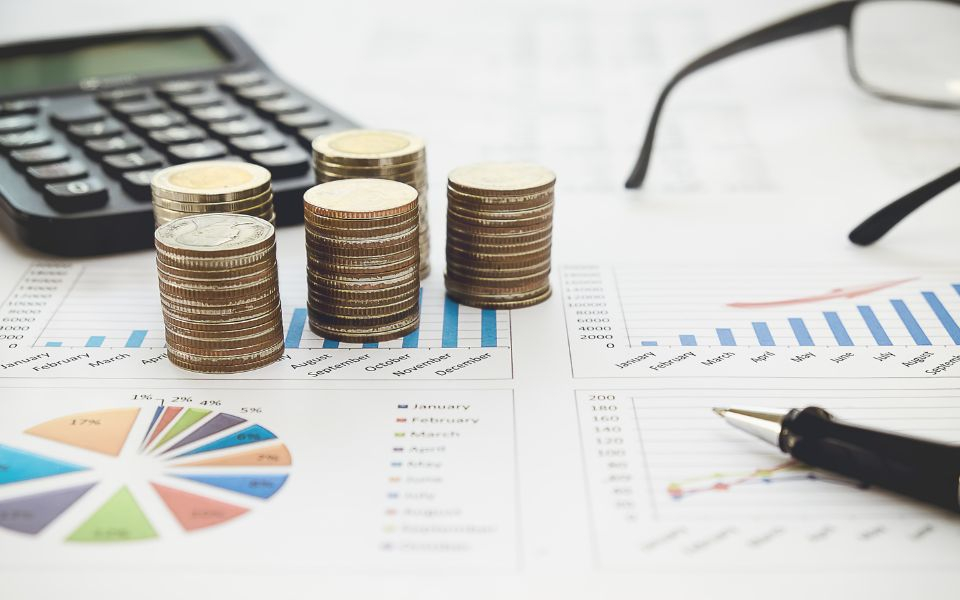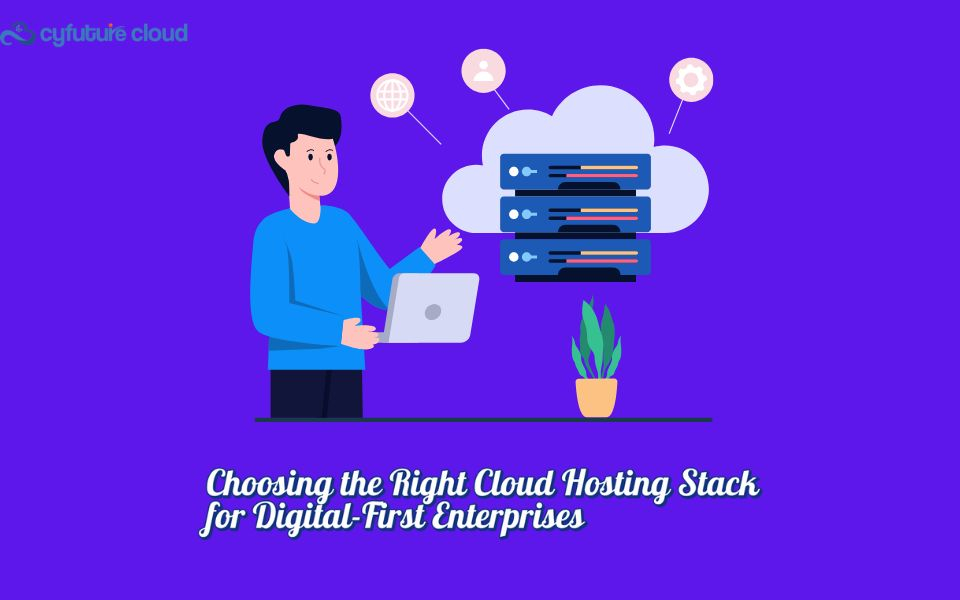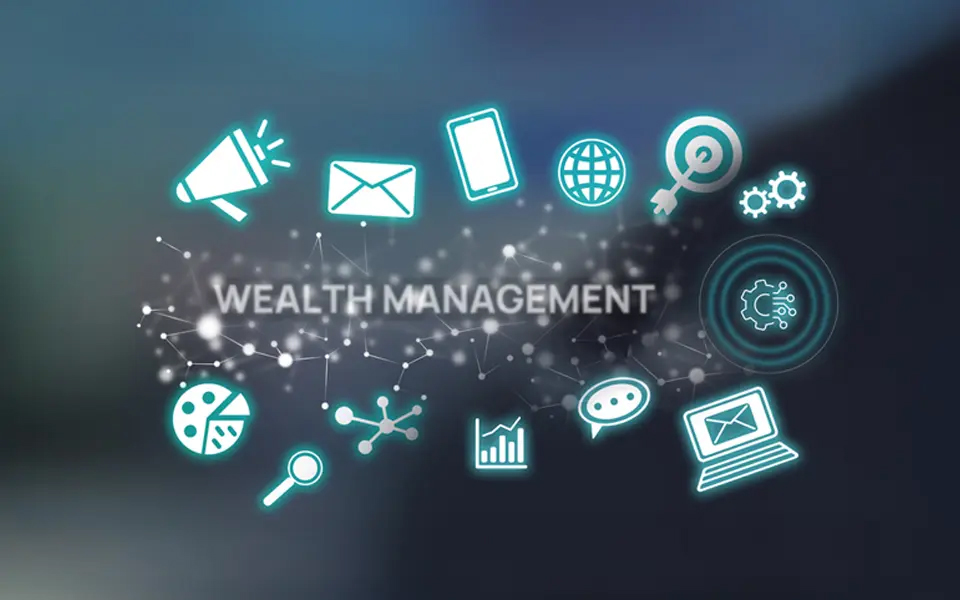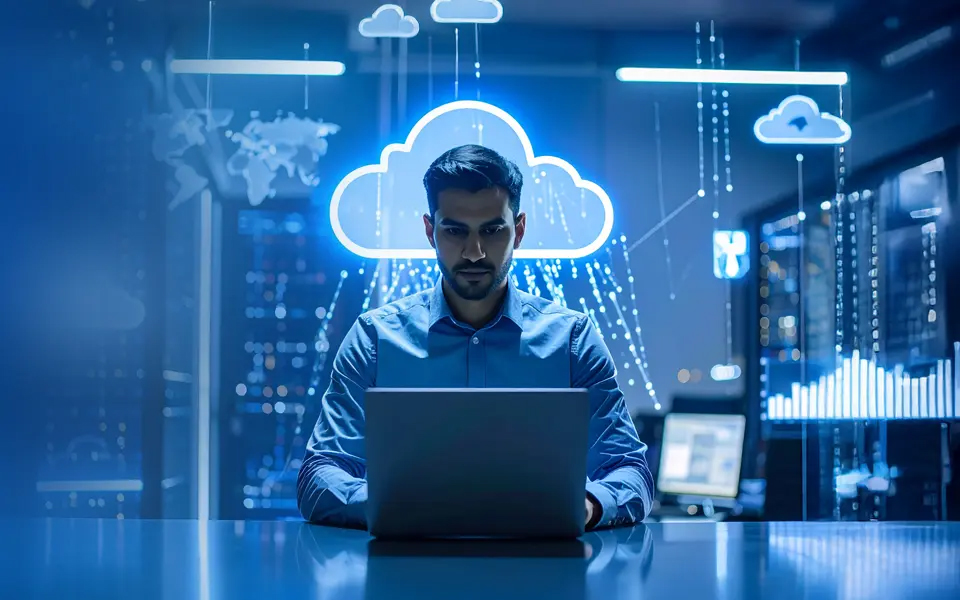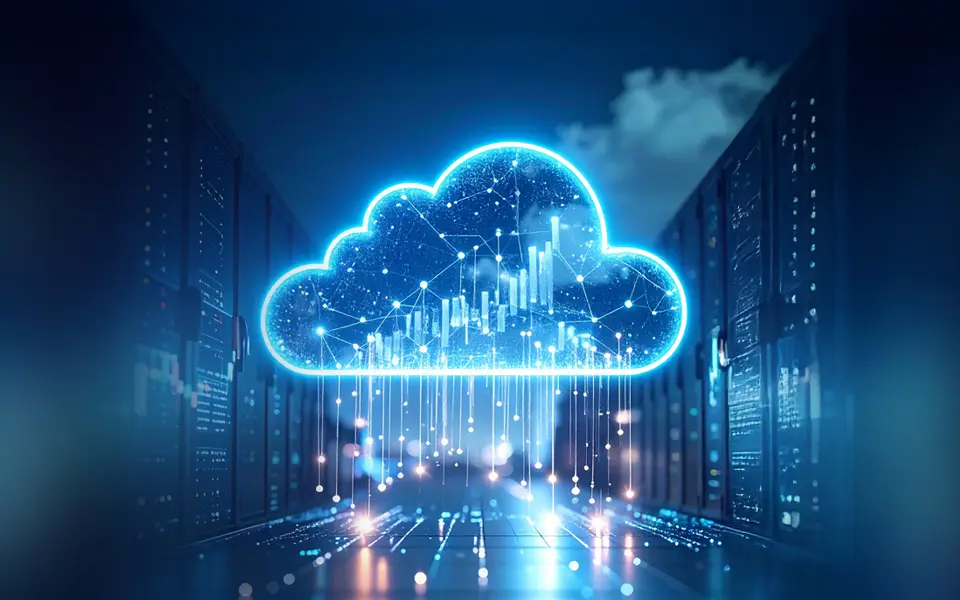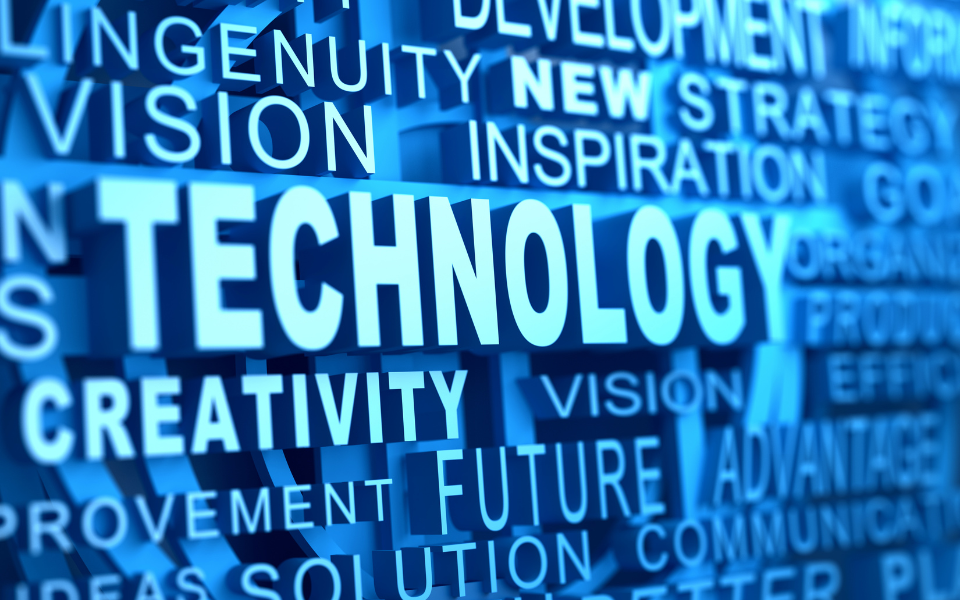A month into the roll out of the Goods and Services Tax is rolled out traders, manufacturers and customers alike are slowly learning the ropes of the new tax regime. The entire Nation has been abuzz with action as companies gear up towards a period of transition. One such sector that has been grappling with the sea of changes brought about is the start-up sector.
A practical manual to a few changes are as under:
Threshold for registration
Under GST this threshold has been pegged at Rs 20 Lakhs (or Rs 10 Lakh for North East States). However, registration has been made mandatory inter alia in the following cases:
- Persons making inter-state supplies;
- Persons required to pay tax under reverse charge (whether imports or domestic);
- Persons providing Online information database access or retrieval service from outside India to non-assessee online recipients;
- Non-resident taxable persons; and
- Input service distributor.
Tax structure under GST
GST operates under a 5 rate structure and all goods and services would fall under one of these slabs:
NIL | For essential commodities |
5% | Packaged food items, coffee, tea, spices, apparel and footwear below a threshold, insulin, transport services etc |
12% / 18% | Median rates under GST |
28% | Luxury and sin goods |
In addition to the above, some luxury and sin goods are also liable to a compensation cess.
Composition scheme under GST
GST also has a scheme of lower taxes (1% for a manufacturer, 2.5% in case of Restaurant and 0.5% in case of other suppliers) for small businesses with turnover up to Rs 75 Lakhs in the previous financial year. It is called the composition scheme. This scheme offers some respite from tax burdens to newly established businesses.
However, the composition scheme has a set of restrictions such as:
- The scheme is not applicable for supplier of services other than restaurant service providers;
- The scheme is not applicable where any supplier supplies goods that are not taxable;
- The scheme is not applicable where the registered person is engaged in inter-state outward supply of goods;
- This scheme is not applicable to any person who is engaged in supply of goods through an Electronic Commerce Operator;
- This scheme is not applicable if a manufacturer is supplying such goods that are notified by the board to be not supplied under the composition scheme.
In addition, the supplier cannot collect GST from its customers or avail input tax credit with respect to procurements from its vendors.
Place of supply
GST ushers in a significant move away from multiple triggers for taxation (‘Manufacture’ for excise duty, ‘Sale’ for VAT etc) to a single trigger of ‘Supply’
The concept of place of supply under GST, as the phrase indicates, is used to determine the place of provision of supply.
GST being a ‘destination based consumption tax’, the place of supply of service will determine not only the nature of tax to be charged but also where the supply is consumed which will in turn determine the State to which the tax accrues.
The general rule for determination of place of supply of services is simply the location of such person. In case of goods, generally the place of delivery would be the place of supply.
However, the Act has also prescribes specific proxies for determining place of supply for example for services in relation to immovable property – the location of immovable property, service of a restaurant or catering services, personal grooming, fitness, beauty treatment, health service including cosmetic and plastic surgery – location where the services are actually performed etc.
Reverse charge mechanism and payment of GST in case of purchases from un-registered dealers
GST would need to be discharged under the reverse charge mechanism by a recipient of service for specific categories of services. In addition, in case of suppliers from unregistered dealers GST would need to be remitted on reverse charge basis. However, an exemption for purchases up to Rs 5,000 per day has been provided.
Such taxes discharged under the reverse charge mechanism is eligible to be availed as credit subject to the supply qualifying as input services or inputs or capital goods. For instance, rent-a-cab services are covered under the reverse charge mechanism. However, credit of the taxes discharged is not available as credit since there is a credit restriction on rent-a-cab services.
Further, registration has been made mandatory for persons required to pay tax under reverse charge (whether imports or domestic).
Invoicing under GST
Every supply under GST is required to be made under the cover of a tax invoice. Further, invoices are to be consecutively numbered. The invoice should capture all information prescribed for it to qualify as a valid tax invoice, with clear mention of taxes.
Invoices should be issued at the correct address (as per place of supply), so as to avoid credit disallowance in the hands of the recipient. Self- invoice to be issued in case of reverse charge supplies and URD procurements.
HSN codes to be mentioned in the GST invoice
The HSN codes as per below, needs to be mentioned in the invoices:
Annual Turnover in the preceding financial year | Number of digits of HSN code |
Up to One crore Fifty Lakhs | Nil |
More than One crore Fifty Lakhs and up to five crores | 2 |
More than Five crore | 4 |
Filing of returns
The entire GST process starting from registration to filing returns and payment of GST tax is online. Startups do not have to run around to tax offices to get various registrations under Excise, VAT, and Service tax.
However, 3 returns – for outward supplies – on 10th of the following month, for inward supplies on 15th and a consolidated return on the 20th – for each registration needs to be filed and in addition to this an annual return needs to be filed by December 31 of the next financial year. Separate returns have been prescribed for input service distributors, suppliers opting for composition supply, supplier of e – commerce, and taxable persons required to deduct tax at source.
Other impact on start – ups
Simpler taxation and ease of doing business
Startups often working on tight budget that have so long had to deal with compliances under Excise, VAT, CST, Service Tax etc will find it much easier to file and pay one GST tax instead of both VAT and service tax. Approvals, registrations and reporting are all required to be made online which makes the entire compliance process under GST easier to monitor. An added advantage is that the return formats require invoice level reporting and this ensures that an audit trail is maintained.
Reduction in cascading effect of taxes
Under the earlier indirect tax regime taxes deposited with the Central and State Governments were not fungible. This meant that while a taxpayer discharged tax on his input, he could not set-off the same against his output. For example, traders were eligible to credit of VAT paid on their purchases but were not eligible to credit of service tax paid on indirect costs/ overheads under the earlier regime. As a result, service tax on rental charges for warehouses, telephone expenses and the like were a cost in the system. Similarly, service providers were not eligible to claim credit of VAT paid on inputs/ capital goods. Thus, “cascading effect of taxes” has been done away with and under GST all taxes are creditable subject to fulfillment of eligibility criteria.
Removal of burden of dual levy
One of the biggest issues under the erstwhile laws was that few transactions were liable to both service tax as well as VAT. One such example was the electronic supply of software on which authorities demanded taxes under both the service tax laws as well as VAT laws. Now, with the introduction of the GST regime the issue of dual levy has been done away with and all supplies attract a single tax.
E-commerce and other online startups
Many startups are technologically innovative meaning they have a huge presence online. Many startups provide goods and services through the internet. GST is applicable all over India so there is no complication for inter-state movement of goods. Currently, states have different VAT laws. For example, online websites delivering to Uttar Pradesh, have to file a VAT declaration and the registration number of the delivery truck. Tax authorities sometimes seize goods when there is a failure to produce documents. This nightmare would be put to rest with check posts being under away with under GST.
Registration has been made mandatory for persons who are registered as Electronic Commerce Operators.
A new provision has been introduced under GST where every electronic commerce operator not being an agent has to collect tax at source at a rate not exceeding one per cent on the net value of taxable supplies made.
Tax burden for manufacturing startups
However, startups in the manufacturing sector will bear the brunt. Under the existing excise laws, only manufacturing business with a turnover more than Rs 1.50 crore has to pay excise. However, with the implementation of GST, the turnover limit has been reduced to Rs 20 lakh thus increasing the tax burden for many manufacturing startups with the only respite being composition scheme.
Disclaimer
The above blog is based on inputs from our GST knowledge partner, BMR Advisors. The blog is with the intent to provide general guidance and does not render any definitive opinion. Prior professional advice is recommended before implementation of any aspects covered above.
Follow BMR Advisors on LinkedIn, Facebook, Twitter and YouTube.






